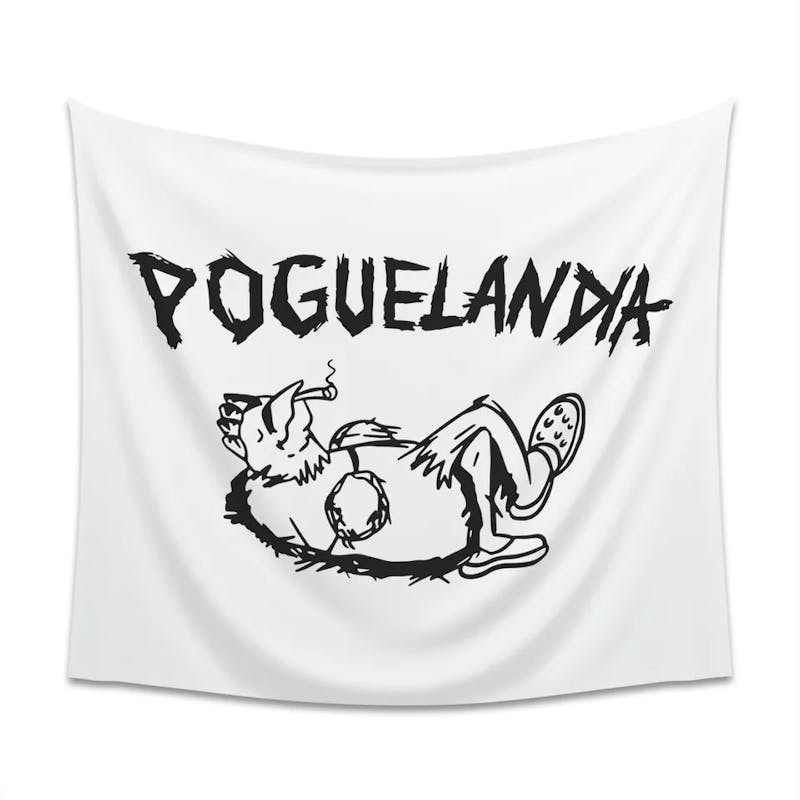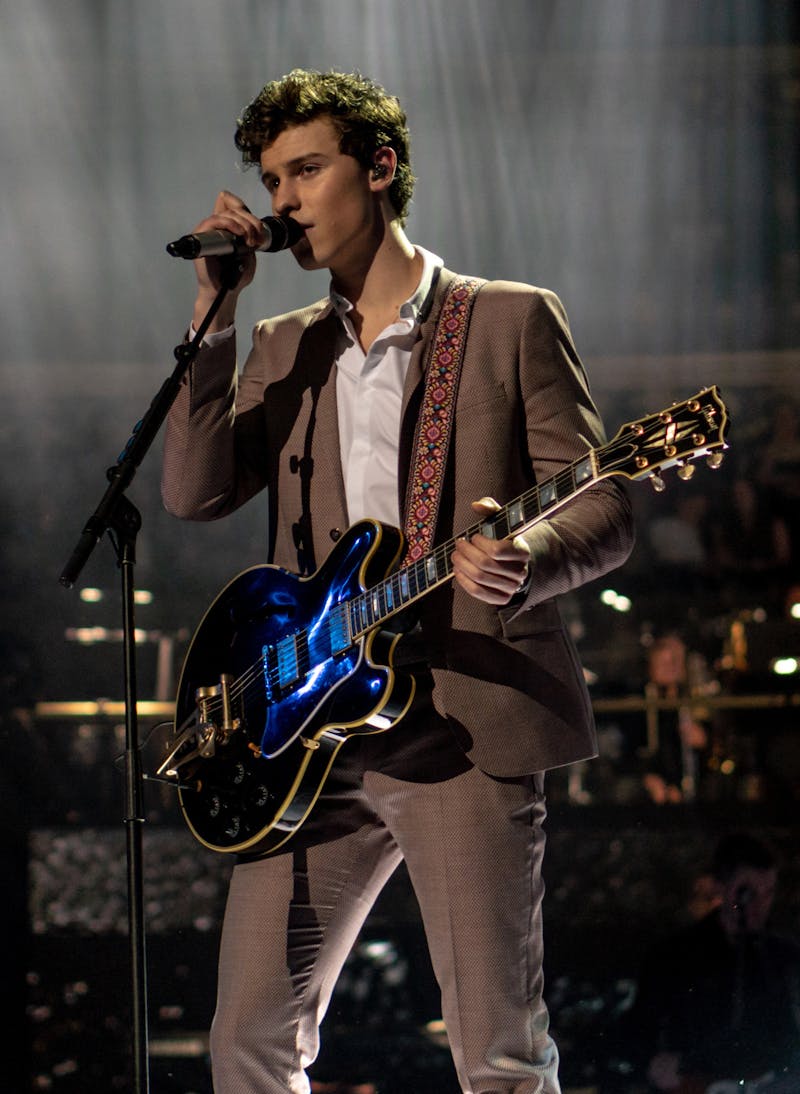1. “The Hunger Games” by Suzanne Collins
Depending on your school, this book series may have been banned. Parents were against their children reading the series due to the violence, language and other sequences that contained content they did not think their children should be reading. Although, the book series may have been banned and/or challenged simply because the theme is of a rebellion and the main character challenges authority.
2. “The Hate U Give” by Angie Thomas
In some areas, this book was banned completely. It brought up lots of debates on whether it should be available in libraries. The reasons typically being the use of language, violence, drug and alcohol use, and the anti-police messages. Every book has a message, and some people just do not agree with the message Angie Thomas was trying to get across, but other people’s opinions on the matter should not prevent a wide audience from reading this book.
3. “It Ends With Us” by Colleen Hoover
Especially on BookTok, Hoover’s books are hated on more exponentially than any other author. Many readers have a problem with the way Hoover romanticizes an abusive relationship. Other readers disagree and argue it shows the reality of what it is like. And some other readers just have a problem with the way she writes. Regardless of where you stand on the matter, her books are often a hot debate.
4. “The Perks of Being a Wallflower” by Stephen Chbosky
Parents had a big problem with this book because of the drug use, underage sex, smoking, sexual assault, suicide and bad role models. For teens reading this book, those are all things that are relevant in a high school students’ lives. If anything, someone may be able to relate to these topics and feelings, rather than it having a negative impact. The novel provides an overall deep meaning to overcoming adversity and shows outstanding character development.
5. “Thirteen Reasons Why” by Jay Asher
Much of the same reasoning for why this book has been banned/challenged from school districts lies with the use of drugs, alcohol, smoking, sexual assault and suicide. Instead of censoring this book, it could be used as a teaching moment and bring awareness to suicide, especially for young adults. Parents could talk to their children about the book or show and to explain difficult topics that people often avoid. Asher’s novel often gets accused of “glamorizing suicide,” but one could argue that it uses raw emotion to powerfully depict realistic topics.




The Slate welcomes thoughtful discussion on all of our stories, but please keep comments civil and on-topic. Read our full guidelines here.